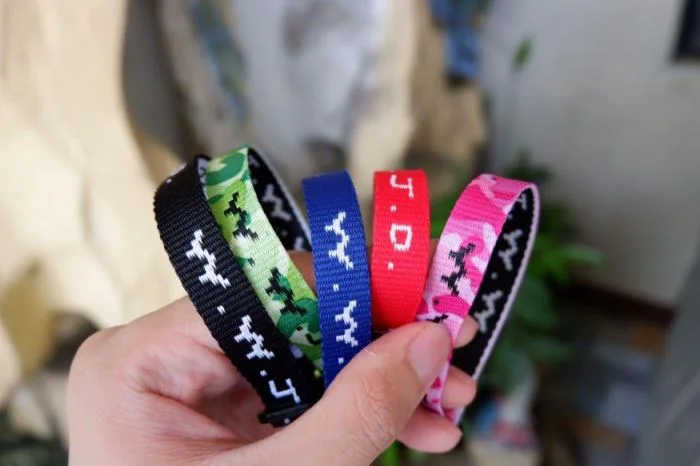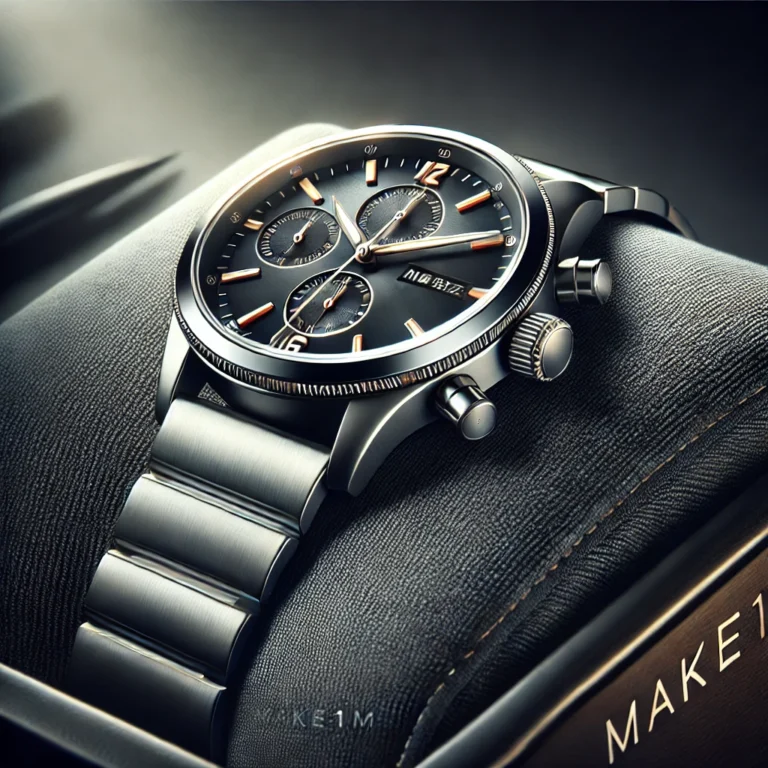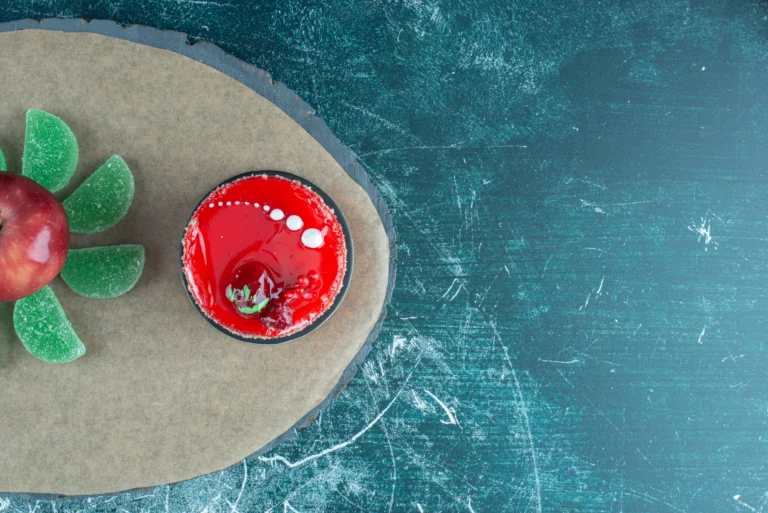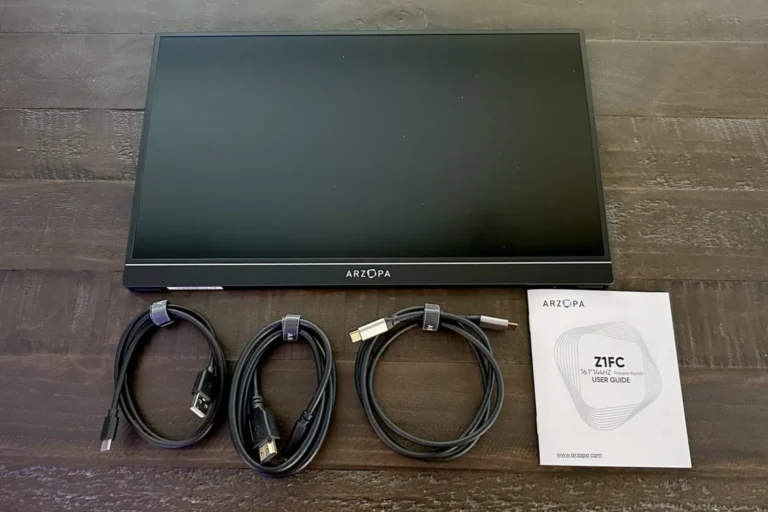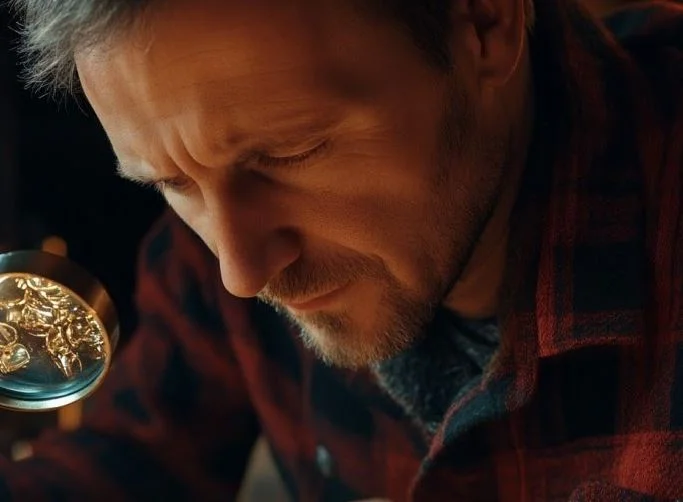
From the family heirloom cherished to the engagement that marks a beautiful moment onto a custom piece you have longed for, choosing the right jeweler is just as critical as selecting the jewelry. Let’s dive into the enchanting world of professional jewelers and learn how to find that one and only artisan who will become your trusted jewelry confidant. Source: https://ostrovskiy-alexander.co.uk
The Art of First Impressions
Imagine walking into a workshop where jewelry is crafted. The first few minutes will tell you a great deal about the professional to whom you will entrust your valuable items. A good, organized space, correct lighting, and specialized tools do not serve only to impress but also to bear witness to a person who seriously approaches their work.
Take in your surroundings. Do you see a clean workbench with precision instruments? Does a decent ventilation system exist? Details like these count because, above all, they speak of how the jeweler is attentive to both quality work and personal and peer safety standards. But that does not mean that any little bit of creative mess turns off some of the most accomplished craftspeople, whose work could look like organized chaos if one did not know.
Past the Essential Accreditations
While formal education is important, the world of jewelry has its own way of measuring expertise. Of course, certifications from recognized institutions like GIA (Gemological Institute of America) are impressive, but they are only the beginning. Ask about their journey: how long they have been working with precious metals and stones, what kind of specialized techniques they have mastered, and what aspects of jewelry making they are most passionate about.
Great jewelers are like walking encyclopedias of their craft: they light up when talking about different metal alloys, get excited about unique stone settings, and can explain complex procedures in simple terms. This passion is not only endearing but also a surefire sign of someone who continuously sharpens his or her skills and stays updated with industry innovations.
Portfolio: The Window to Craftsmanship
The jeweler’s portfolio is an autobiography, really much to see, sometimes even too much. That’s right: not glancing at beautiful pictures is called really seeing. Therefore, pay more attention:
The manner of performance, stone setting, and neatness of performance in metalwork are to be found in a design solution.
Notice before-and-after photographs of various repairs and some specially made work showing their life course.
A diverse portfolio shows versatility but also looks for consistency in quality. If they specialize in any particular style or technique, their portfolio should showcase mastery in that area.
The Communication Factor
Here’s something many people overlook: great jewelers aren’t just skilled with their hands – they’re excellent communicators too. During your initial consultation, notice how they handle your questions. Do they:
Take the time to understand your vision. Explain processes in terms you can understand. Offer realistic timelines and price estimates. Share honest opinions about what’s possible and what might be challenging. Listen more than they talk?
A professional who can clearly communicate complex technical aspects while making you feel comfortable asking questions is worth their weight in gold (pun intended!).
The Workshop Experience
Let’s talk about what happens behind the scenes.

A professional workshop should be a cross between an artist’s studio and a precision laboratory. Many contemporary jewelers work with traditional techniques combined with state-of-the-art technology. Look for:
Up-to-date equipment for each process suitable security for the operation Clean and organized gem storage Quality control measures Workplace separation for different types of work.
Don’t be shy about asking for a tour of their workspace-most proud craftsmen are happy to show off their setup.
Pricing Transparency and Ethics
Here’s a truth bomb: the cheapest option rarely turns out to be the most economical in the long run. Professional jewelers who value their work will:
Provide detailed written estimates Explain the reasoning behind their pricing Be upfront about potential additional costs Discuss different options within your budget Handle precious materials ethically.
Red flags? Watch out for unusually low prices, vague answers about material sources, or reluctance to provide written estimates.
The Trust Test
Trust your instincts! Pay attention to how the jeweler handles your pieces during inspection. Do they:
Use appropriate tools and equipment. Use magnification when necessary. Handle pieces with care and respect. Document the condition of items upon receipt. Provide safe storage solutions?
A reputable professional will also be transparent about their limitations and refer you to specialists for work outside their expertise.
Insurance and Guarantees
Professional jewelers should have:
Business insurance in place Written warranties for their works Clear policies regarding accidents and damages Secure storage facilities Documentation processes applied to valuable pieces.
None of this is out of bounds- it’s all part of providing peace of mind for yourself.
Community Reputation and Online Reviews
Thanks to social media, today it’s a whole lot easier to check on the background of a jeweler than ever before. But let’s not stop at the stars:
Detailed reviews describing specific projects Long-term customer relationships Community involvement Professional association memberships Industry recognition or awards
A few negative reviews usually are not deal-breakers. The important thing is what the jeweler did when presented with challenges.
The Added Value
The best jewelers offer so much more than plain vanilla service. They may:
Include jewelry cleaning and inspection service Provide care instructions Maintain documentation about your pieces Send notes regarding recommended maintenance Share their expertise end.
These little extras prove that they believe in repeat business, rather than making a sale and then being done with it.
Final Decision
By now you have considered the above points. How will you decide? You can make your very own scorecard, according to what you consider more critical. Take into account:
Project complexity Budget Timeline Communication style Location and access.
Keep in mind that you are not just selecting a person for a one-time job but, rather, you are starting a long-term relationship with someone who will care for your precious pieces for years to come.
Moving Forward with Confidence
Once you’ve found your perfect jeweler match, nurture that relationship. Good jewelers become great partners in maintaining and evolving your jewelry collection. They can:
Warn you of potential issues before they can become problems Advise you on updates to modernize older pieces Mentor you in building a meaningful collection Provide insightful knowledge for future purchases Become a trusted advisor for life’s special moments.

